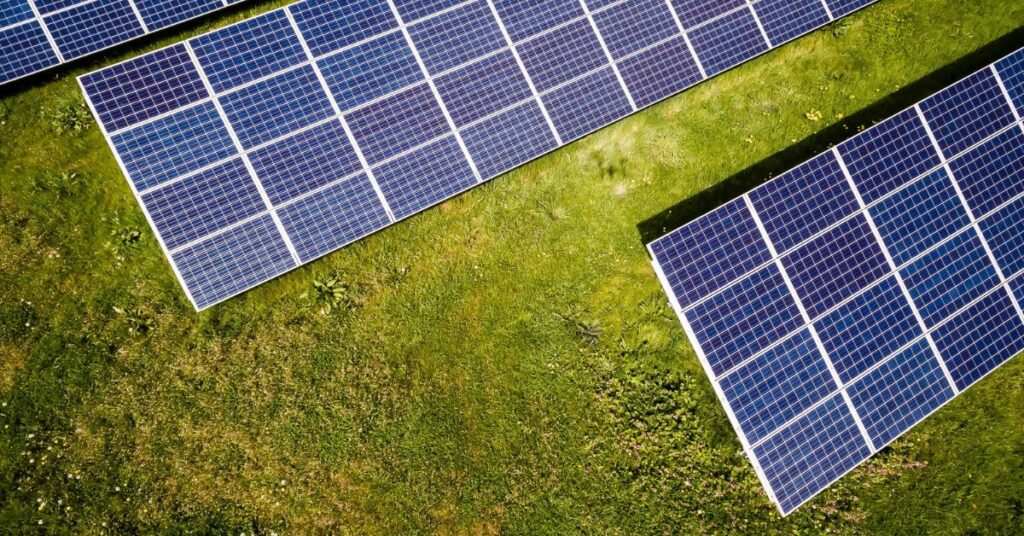Understanding the Impact of Synergy’s Feed-in Tariff Reduction
As of July 1st, Synergy has implemented a reduction in the feed-in tariff for solar energy, setting it at a mere 2 cents per kilowatt-hour (kWh). This substantial shift directly impacts the financial incentives previously enjoyed by solar energy users. The reduced feed-in tariff means that the economic advantage of exporting excess energy back to the grid has significantly diminished. Consequently, this adjustment necessitates a reevaluation of the cost-benefit analysis associated with installing and maintaining a solar energy system.
Financially, the lowered tariff translates to reduced earnings from surplus energy fed into the grid. For many solar energy users, this reduction will prompt a reconsideration of their energy management strategies. The focus is now pivoting from merely producing excess energy to maximizing self-consumption. Solar energy users will need to adapt by optimizing their energy use patterns, ensuring that more of the generated solar power is utilized directly within the household or business premises.
This shift underscores the importance of becoming more self-sufficient in energy production and consumption. By aligning energy use with the periods of peak solar power generation, users can enhance their self-consumption rates. This might involve utilizing energy-intensive appliances during daylight hours or investing in energy storage solutions such as batteries, which can store the generated solar power for use during non-peak times.
Moreover, strategic energy use becomes paramount in this new landscape. Implementing smart home technologies and energy management systems can aid in monitoring and adjusting energy consumption in real-time, making it easier to align usage with solar generation. This proactive approach not only mitigates the financial impact of the feed-in tariff reduction but also promotes a more efficient and sustainable energy use model.
Strategies to Maximize Solar Energy Benefits
With Synergy’s reduction in the feed-in tariff, solar energy users must pivot to strategies that emphasize self-consumption and minimize the export of excess energy. By optimizing how and when energy is used, homeowners can maximize their solar energy benefits and reduce dependence on the grid.
One of the most effective strategies is to program timers and delay functions on household appliances to operate during peak solar generation hours. Running energy-intensive devices like washing machines, dishwashers, and pool pumps during the day ensures that the energy generated is used directly, reducing the amount exported back to the grid at a lower rate. This practice not only maximizes the value of the solar energy produced but also aligns energy usage with generation times, promoting efficient consumption.
Another critical approach involves optimizing appliance usage patterns. By staggering the use of high-energy appliances, homeowners can avoid unnecessary spikes in energy demand and ensure a more consistent and manageable load. This method can significantly enhance the efficiency of solar energy utilization and reduce the need for additional grid power during peak times.
The integration of smart switches with advanced features can further aid in maximizing solar energy benefits. Smart switches with long-range capabilities and power usage monitoring provide detailed insights into energy consumption patterns, allowing users to make informed decisions on appliance usage and energy management. These devices can automate the switching on and off of appliances based on solar production levels, thereby optimizing energy consumption without manual intervention.
Additionally, considering hybrid inverters for future battery additions can be a strategic move. Hybrid inverters facilitate energy storage and backup power, allowing users to store excess energy generated during the day for use during non-solar hours. This not only reduces reliance on the grid but also provides a buffer against power outages, enhancing overall energy security.
Exploring the potential of going off-grid or installing a comprehensive battery storage system can further minimize the impact of the reduced feed-in tariff. By storing excess energy, users can achieve greater energy independence, reduce their carbon footprint, and mitigate the financial effects of lower feed-in tariffs. These storage solutions ensure that surplus energy is not wasted and can be utilized during periods of low solar production, effectively balancing energy supply and demand throughout the day.
Call us today on 9942 4525 to schedule a solar quote or for all of your electrical needs or check out our 5 star reviews of Facebook and Google!







